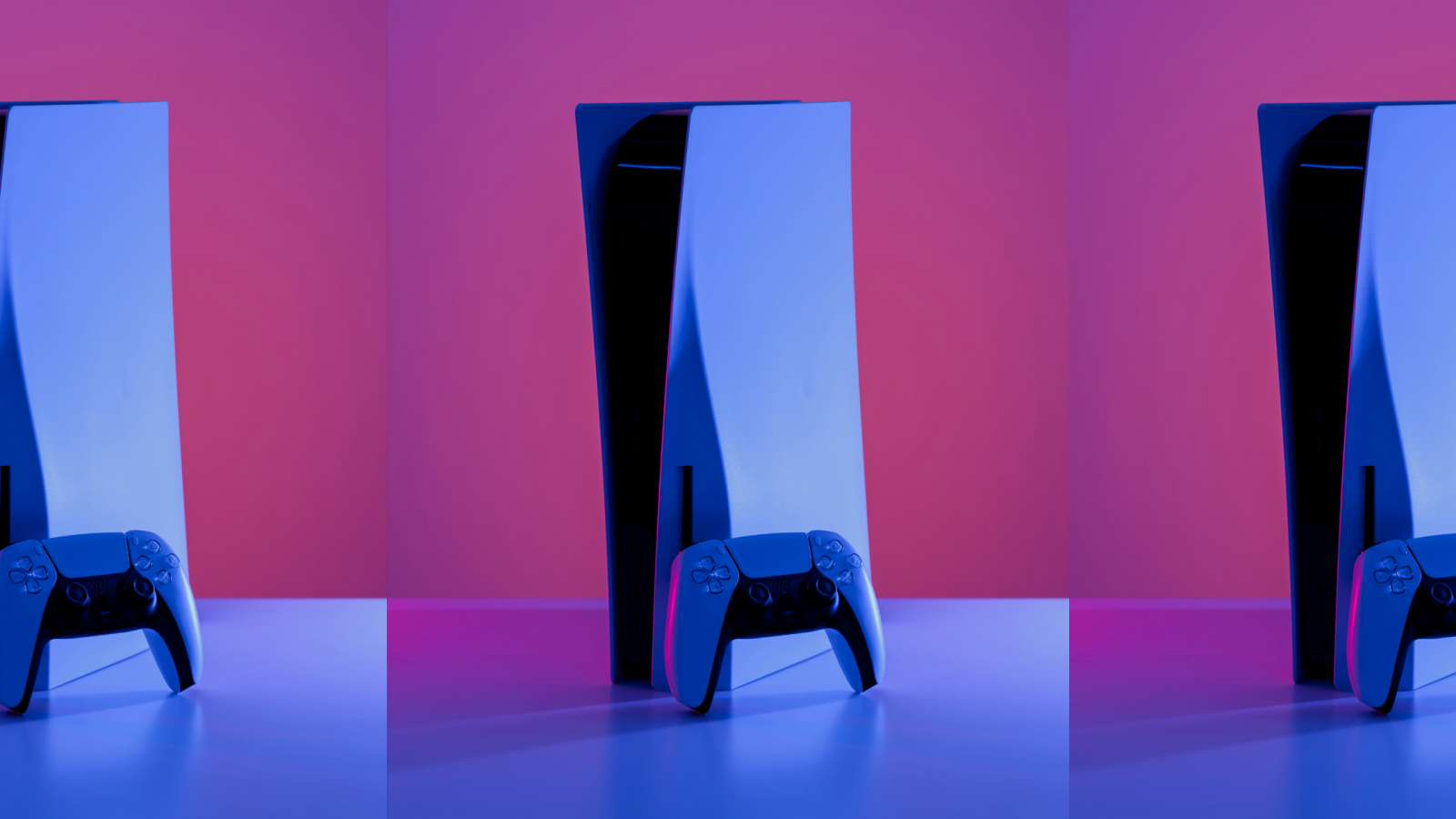Can PlayStation 5 compete successfully amid the coming games-streaming disruption?

Photo: Martin Katler

As Mark Cerny, the lead system architect of PlayStation, implied in an exclusive interview with Wired, PS5 is coming likely in fall 2020 – and it is not just meant to be a mere upgrade of the PS4. The key question remains, however, whether even a big upgrade to the hardware and gaming experience will be enough to compete in the increasingly platform- and device-agnostic gaming environment.
What we know about PS5 so far
Without going into too much technological detail, here are some of the key aspects disclosed, which hint at the type of product PS5 is to be positioned as:
- More power and realism: The CPU and GPU will become more powerful, leading tobetter graphics, fluidity of gaming experiences etc.
- Ray tracing: A technique allowing for the creation of hyper-realistic, Hollywood-like cinematic experiences, previously unmanageable for any console.
- SSD hard drive: Up to 15-20x faster loading times, so something that may have taken a game 15 seconds to load can now take under one second.
- Audio improvements: Sony promises a big jump in terms of audio experience, citing more cinematic and immersive experiences. Besides general gameplay, these improvements will also benefit Sony’s VR endeavours.
The ‘join them versus fight them’ dilemma
Sony really had two choices to react to the competitive, device-agnostic games streaming pressures. It could either embrace the disruption and get closer to the device/platform-agnostic model, or try to protect its platform and market leadership by committing to deliver a notably better gaming experience than device-agnostic solutions.
Everything we know so far points to PS5’s positioning as the latter. It will be a superior games experience, but it will come at a premium of expensive games-dedicated hardware.
Featured Report
MIDiA Research 2026 predictions Change is the constant
Welcome to the 11th edition of MIDiA’s annual predictions report. The world has changed a lot since our inaugural 2016 edition. The core predictions in that report (video will eat the world, messaging apps will accelerate) are now foundational layers of today’s digital economy.
Find out more…The question is, will the difference in gameplay be enough to justify premium spending for the gaming masses? This might prove specifically challenging at times when several tech majors are promising ‘console grade’ experiences without the need to purchase the expensive hardware.
PlayStation is at risk of losing a portion of its customers between cycles, as new device-agnostic propositions, such as Stadia or Amazon’s Games streaming project, enter the market. If PlayStation truly delivers a superior gameplay experience, it could end up acquiring and retaining a high-end user segment who are happy to pay a premium for quality. PS5 may drop in the total number of owners, but we could well see its average revenue per user (ARPU) grow. Ultimately, PlayStation could become to gaming what the home cinema setup became to the traditional TV market. For most gaming-thirsty consumers, device-agnostic games subscriptions might do the trick. For the smaller segment of typically higher-spending aficionados, however, PlayStation could well remain the aspirational staple.
Consoles likely to remain at the core of Sony’s gaming strategy
As things currently stand, Sony seems to be firing on all cylinders to protect its console-centric business model by doing more of what it knows best: creating consoles and content, rather than leading the narrative with cloud capabilities and streaming subscriptions.
It is still early days and these observations are largely based on hints around hardware. Not much has been disclosed about service or content strategies for the PS5. Both will of course play significant roles, and as announcements are made more of Sony’s overall vision will be unveiled. Games streaming in particular will likely be utilized along with PS Now. Another factor helping Sony protect the platform will be its strong reputation in creating exclusive games. However, it currently seems that a premium games-dedicated console will remain at the centre of Sony’s business model to protect its platform for the years to come. If this is the case, Sony will need to improve its overall entertainment offering and experience on the console beyond gaming focus. Otherwise, it risks becoming a gaming-isolated island in the oceans and seas of integrated cross-entertainment ecosystems such as Google, Amazon and Apple.

The discussion around this post has not yet got started, be the first to add an opinion.